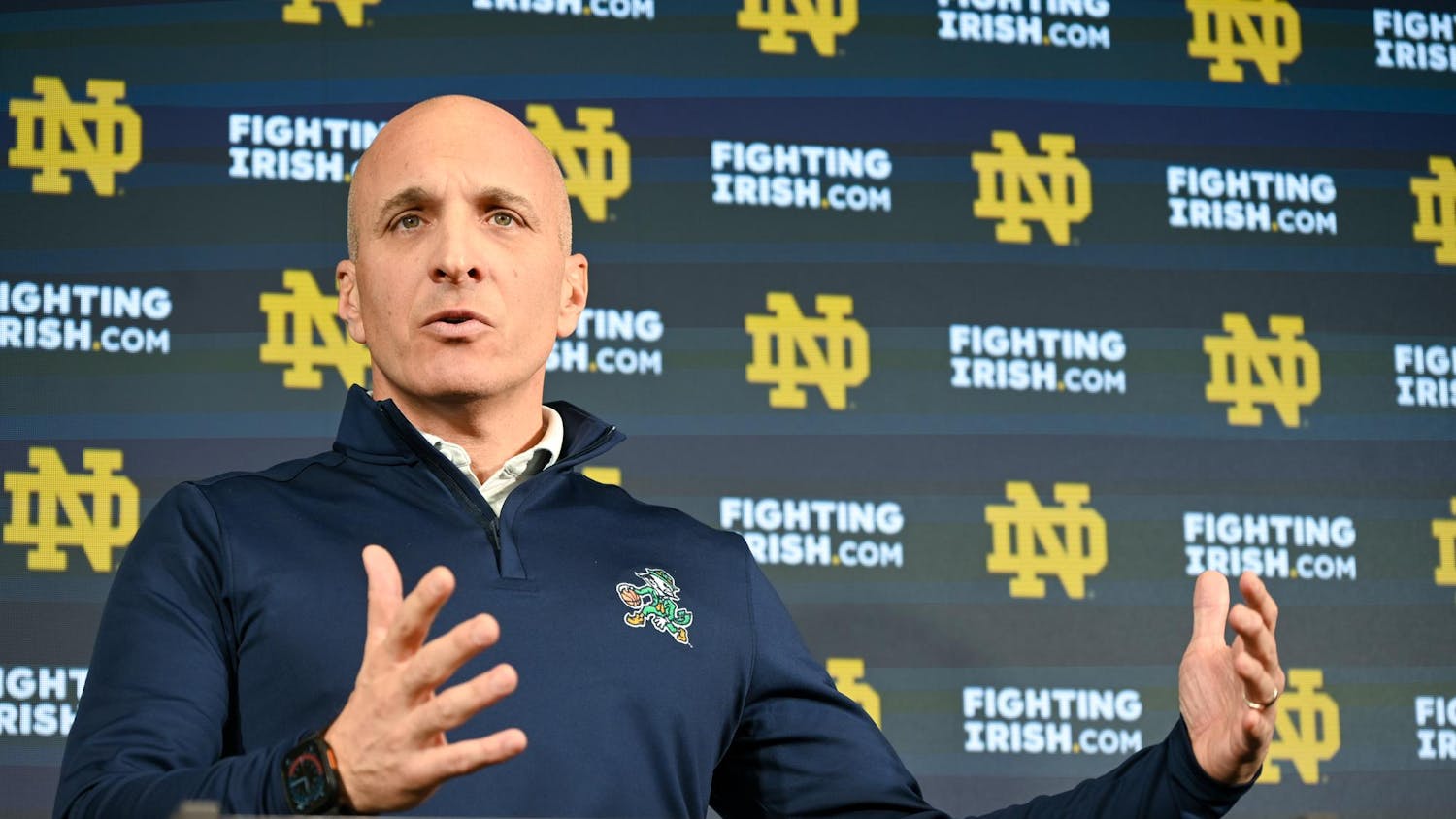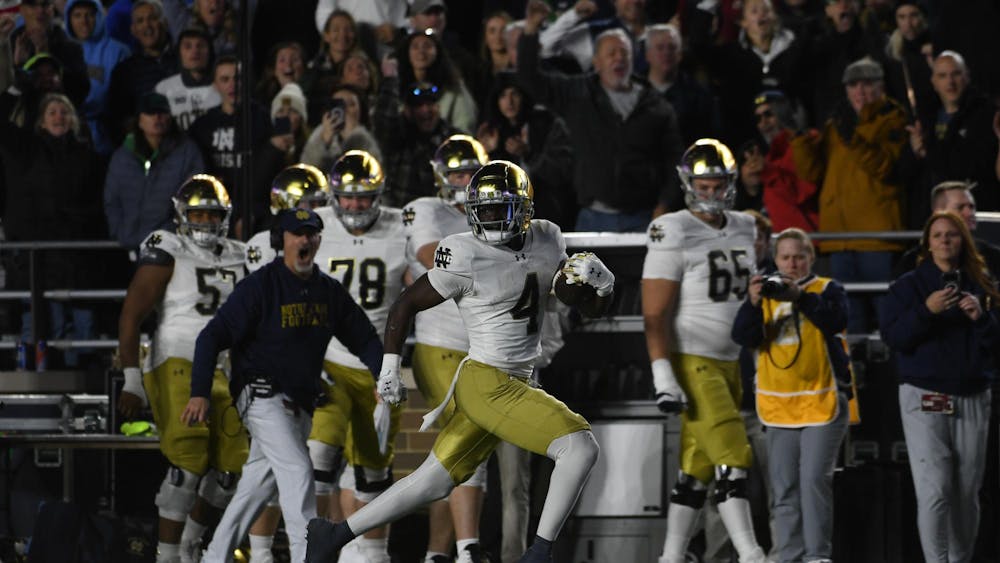During the NFL season, it’s easy to get caught up in the emotion of it all. In fact, that’s part of he beauty that comes with the game. It’s intense; players bring their fire on the field and off the field. In a violent and physical game, players bring a palpable aggression to every play, and even sometimes to post-game interviews with Erin Andrews.
At times, the passion of the sport can even overwrite the game itself. The once-held sense of perspective that “this is just a game” quickly becomes a figment of the both the fan’s and athlete’s imagination.
Suddenly, after what is considered to be the most emotional game of them all, emotion is torn from the equation. A cool rift stands between the NFL season and the NFL off-season.
In a matter of days following the Super Bowl, players tuck away their vivid passion. Their undying loyalty to city and fan alike is quickly replaced by savvy marketing. Sure, “this is just a game” is still far from the lips. On the other hand, the phrase “this is a business” flies through the air more often than a Denver Broncos pass attempt.
Immediately, the loyalty players treated as paramount to their character fades. They choose to play in different colors for a five-percent increase in yearly salary. Everything is made as a career decision, the smart move for one’s future, family and “brand.”
Simultaneously, teams start to value players. Intangibles fade in importance as the player, the human, is commoditized. Teams limbo under an invisible monetary line, choosing players based on current and future value, bargain shopping.
Every year a handful of players, previously termed the “face of the franchise,” depart to foreign lands where they receive welcomes previously reserved only for prodigal children. On occasion, a franchise player will take a reduced salary to stay with his team and allow them to build up more around him. These loyalties sworn upon midseason are lauded as sacrifices during the offseason.
Is this right? I don’t know. At the end of the day, the NFL is a profit-seeking business with strict financial constraints. I certainly wouldn’t approach my offseason moves with a cold, rational demeanor. My players would be my players, players I would have grown attached to and developed my own loyalties to. Then again, there is a reason I’m a fan and a writer, not an NFL general manager.
In another form, the same process occurs around the NFL draft. A college player, during the season, can light up the field. In pads, young men can make a complex game look incredibly easy as they dominate the competition.
Once again, these players receive praise for their on-the-field skills and passion for the game. Their leadership abilities stand at the forefront, as does their tendency to be a “playmaker.”
It’s right about this time that the draft process shifts in its focus. From the vivid and emotional football performance, draft gurus begin to see players in terms of measurables and numbers. In a matter of days, incredible players can be reduced to something average because they can’t run 40 yards faster than a back-up wide receiver from Neverheardof Tech.
At the same time, players who lack the necessary skills and football essentials ride the escalator up draft boards as their physical abilities are publicized, publicized, and publicized some more. Players with below-average numbers on the field are seen as potential superstars due to above-average numbers in a gym.
Every year a few players will be drafted too early because of impressive NFL Combine numbers and every year a few players will fall because of lackluster NFL Combine numbers. Years later, the pundits are unanimous in their evaluation of the pick.
“You can’t quantify talent!” “He never developed the way they hoped.” “He was a steal because 31 other teams valued how high he could jump more than they valued how effective he was on the field throughout his career.”
This Thursday, the madness begins with our lovely “Underwear Olympics” in Indianapolis. Team officials will surround young men, dressed in skintight spandex, as they perform feats of strength and speed for evaluation. Read that again. It’s a little weird.
It’s also impractically practical. You can’t quantify the game of football down to numbers or wages. At the end of the day, football is an emotion-driven sport. When performance matters, in the midst of an NFL season, passion, intangibles and football skills dictate the game. Ray Lewis slipped in the draft because he was “too small.” Terrell Davis and Thurman Thomas slipped in the draft because they were “too slow.” Oh, and then there was that Tom Brady guy.
Come on NFL. It makes sense to think about your offseason moves, but don’t forget the way you acted four months ago. This is football.
Contact Aaron Sant-Miller at asantmil@nd.edu
The views expressed in this Sports Authority are those of the author and not necessarily those of the Observer.
Read More
Trending









